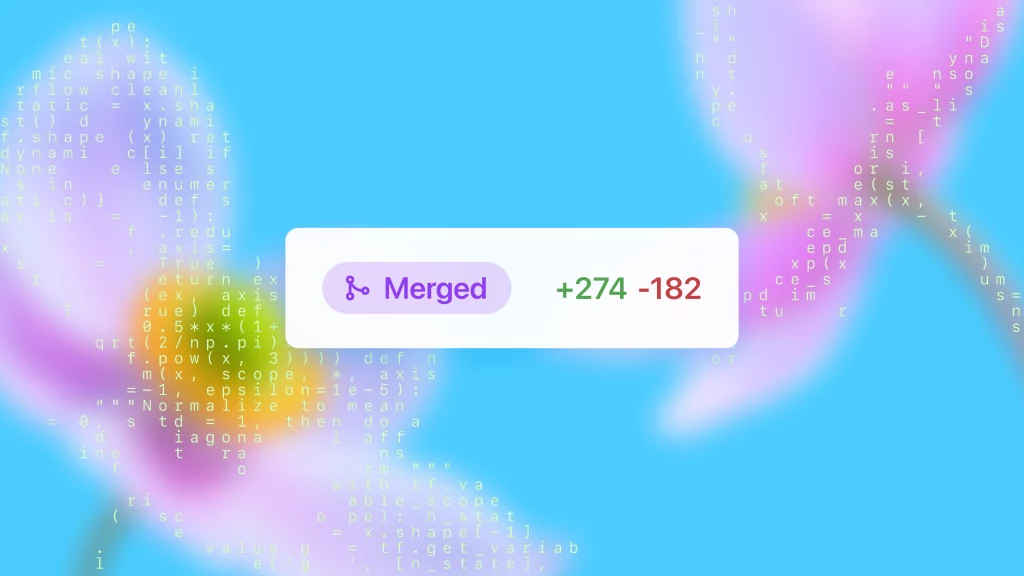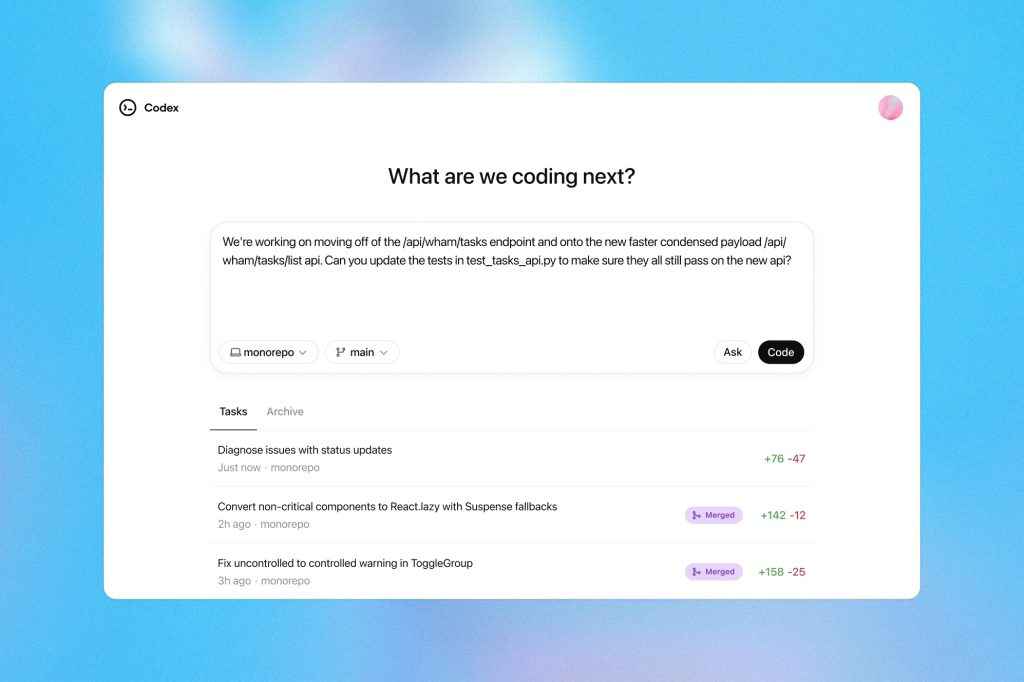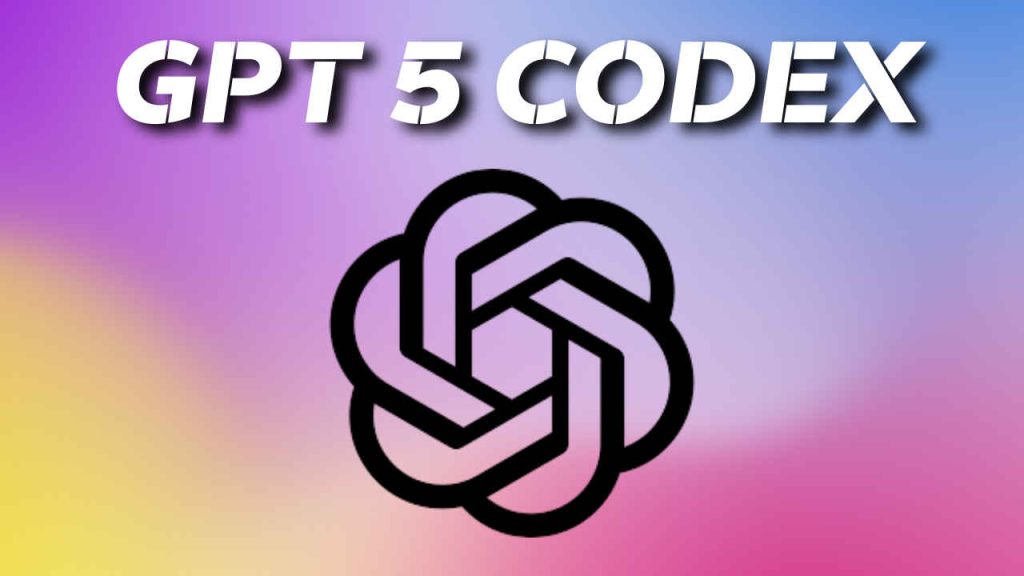Artificial intelligence is rapidly reshaping the way developers write, test, and review code. OpenAI has now taken a major step forward by upgrading Codex – the model powering its AI coding assistant – with a specialized new version of GPT-5. The rollout of GPT-5-Codex promises smarter, more reliable, and more flexible coding assistance, while also raising questions about how AI might soon become an indispensable part of every developer’s toolkit.

 Survey
Survey✅ Thank you for completing the survey!
Also read: What is VaultGemma: World’s most privacy conscious AI LLM explained
From GPT-3 to GPT-5
When OpenAI first released Codex in 2021, it was built on GPT-3 and quickly became the foundation of GitHub Copilot. While the tool impressed many with its ability to autocomplete code, it was also infamous for generating incorrect or inefficient snippets. The new GPT-5-Codex builds on lessons from years of developer feedback and significant advances in AI architecture. Instead of being just a “code autocomplete” model, it is now positioned as a full-fledged agent, capable of reasoning about a problem, reviewing code, and even refactoring large repositories.


One of the most striking upgrades is what OpenAI calls dynamic “thinking time.” Unlike earlier models, which were constrained to a fixed amount of compute per task, GPT-5-Codex can decide on the fly how long to spend solving a problem. If it encounters a simple bug, it may resolve it within seconds. But if it faces a complex code refactoring challenge, it can continue reasoning for hours, sometimes up to seven, before producing an answer.
This flexible approach mirrors how human developers work: deciding whether a task requires a quick patch or a deeper, more time-consuming analysis. It also sets GPT-5-Codex apart from other AI coding assistants, which typically stop processing once they hit a pre-determined compute limit.
Benchmark gains and real-world impact
Performance benchmarks show significant gains. On SWE-bench Verified, a standard test for “agentic coding abilities,” GPT-5-Codex outperforms the base GPT-5. It also demonstrates better results in code refactoring tasks drawn from established open-source repositories. This matters because refactoring requires not just generating new code, but understanding and preserving existing logic, something past models often struggled with.
Beyond benchmarks, OpenAI also enlisted experienced software engineers to evaluate GPT-5-Codex’s review comments. The findings: it produces fewer incorrect suggestions and more high-impact insights compared to older versions. For developers, this means less noise and more actionable feedback during code reviews.
Where and how you can use it
OpenAI is rolling out GPT-5-Codex broadly across its platforms. It’s now available in ChatGPT for Plus, Pro, Business, Education, and Enterprise users. Developers can also access it through the terminal, IDE integrations, or directly within GitHub. API support is on the roadmap, though OpenAI has not yet confirmed a release timeline.
Also read: AI will make invisible submarines visible in deep sea: Here’s how


This distribution strategy highlights OpenAI’s intent to make GPT-5-Codex not just a research upgrade but a production-ready coding assistant. With rivals like Anthropic’s Claude Code, Anysphere’s Cursor, and GitHub Copilot pushing their own AI coding agents, OpenAI is under pressure to prove its edge in real-world developer workflows.
Challenges and questions
Despite its promise, GPT-5-Codex also raises challenges. Dynamic compute allocation, where tasks can run for hours, will inevitably raise questions around latency, cost, and efficiency. Enterprises may hesitate if pricing scales unpredictably with compute usage. There’s also the issue of trust: while GPT-5-Codex reduces incorrect suggestions, no AI code model is error-free, and human oversight remains essential for production software.
Still, the upgrade represents a major leap forward. If GPT-3 Codex was an autocomplete tool and GPT-4 refined its accuracy, GPT-5-Codex seems poised to act as a true AI development partner – one that not only helps write code but understands, critiques, and reshapes it.
Also read: AI video explained: How do AI models generate video from image and text

